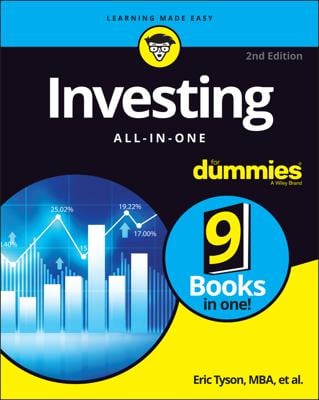-
Your first requirement is some spare money. You don’t need much to get started. You can invest any amount in the sharemarket, but because of the buying costs, the more money you have to invest, the cheaper the brokerage fees.
-
Finding a broker is next. Brokers work for firms that simply take your order and enter it in the market, or firms that take you on as a client and provide advice, research and financial planning to help with your investments. The former is cheaper, but if you think you’ll need advice, the dearer fees of the latter may be money well spent.
-
Decide whether you’re a trader or a long-term investor. As an investor (meaning a long-term buyer of shares), you’re in a safer position for share investment and more likely to succeed. Traders (meaning professionals and committed semi-professionals who buy and sell shares daily) are legitimate investors in the sharemarket, but this kind of activity is only for those who know what they’re doing.
-
Choosing stocks is next. For a long-term investor, 8 to 12 well-chosen stocks will give you a portfolio with far less speculative risk than just 2 or 3 shares. What you buy depends on the return you’re hoping to make, the risks you’re prepared to run, the time frame you’re prepared to invest for, and whether you’ll need to take the money out before then.
-
Research the companies whose shares you buy. Find out what the companies do and how they’ll make money for you. Buying shares you know nothing about based on tips from friends or acquaintances (even worse, strangers) is the same as going to a casino. A blue chip at $20 mightn’t look as exciting as a goldmining share at 10 cents, and the latter can double much more quickly — but it can also reach zero value faster.
-
Don’t look for shortcuts to investing success. Unfortunately, you won’t find a guru or blackbox software tool that can predict which shares will rise and which will fall. If someone tries to sell you a foolproof investment formula, ask yourself — if it really worked, why would they share it with me?

